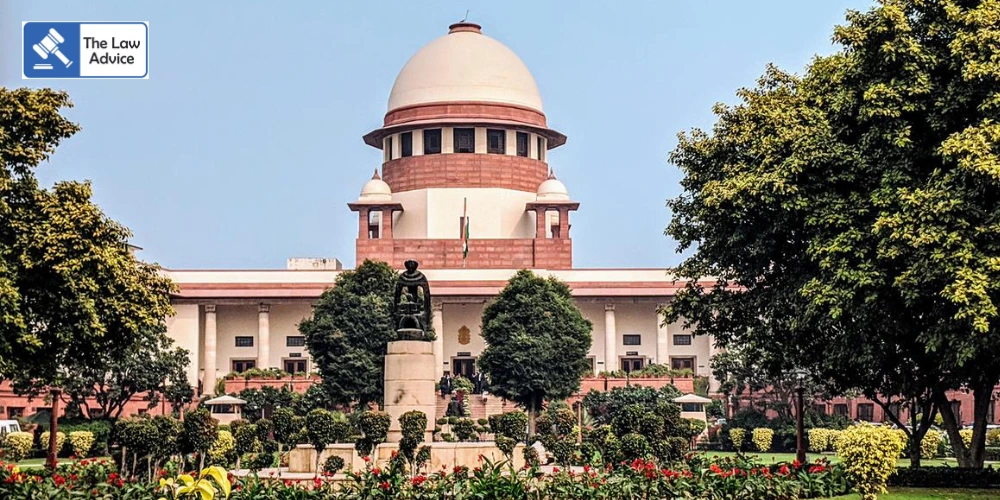
New Delhi | July 16, 2025
In a landmark moment for conversations around justice reform in India, the Supreme Court has strongly urged Parliament to consider enacting a dedicated law that would provide financial compensation and rehabilitation to individuals who have spent years in prison, only to be found innocent later.
The Court’s statement came during the acquittal of a man who had been sentenced to death and spent over a decade in incarceration before being completely exonerated.
A Wake-Up Call from the Bench
The bench of Justice Vikram Nath, Justice Sanjay Karol, and Justice Sandeep Mehta did not hold back. While delivering a judgment that overturned a conviction for double murder, the Court stressed that the Indian justice system currently lacks any formal mechanism to recognize or compensate the loss of liberty, dignity, and time suffered by the wrongfully accused.
“The justice system must do more than acquit. It must acknowledge the human cost of error,” the bench observed.
A Decade Behind Bars – For Nothing
The man at the center of the case had been convicted in a gruesome double murder case in Kerala. A trial court sentenced him to death in 2011, and the High Court upheld the ruling. However, upon closer scrutiny, the Supreme Court found that the case was built on shaky evidence, including serious lapses in the collection and analysis of DNA samples.
With no credible forensic or circumstantial evidence remaining, the Court granted a clean acquittal — erasing all charges.
But the question remained: Who accounts for the years he lost?
No Compensation Framework in India — Yet
Currently, India has no statutory scheme to provide compensation for wrongful incarceration, unlike several countries such as the United States, Germany, or New Zealand, where wrongfully convicted individuals can claim financial redress and support.
While Indian courts have occasionally awarded compensation under Article 21 of the Constitution (Right to Life and Personal Liberty), such relief has been exceptional and discretionary, not systemic.
The Supreme Court has now called for this to change.
DNA Evidence — Mishandled, Misunderstood
The case also exposed glaring flaws in forensic handling. The Court found that DNA evidence central to the prosecution’s narrative had been collected and preserved in violation of established protocols.
As a result, the Court issued detailed guidelines for police and forensic teams across the country to ensure proper collection, storage, and analysis of biological evidence in criminal cases.
Why This Matters
This isn’t just a story of one man’s acquittal. It’s a spotlight on systemic failure. The Supreme Court’s strong recommendation serves as a blueprint for reform, pushing lawmakers to create a structure that not only corrects wrongful convictions but also heals the deep scars they leave behind.
The message is clear: justice delayed must not become justice denied, and justice denied must not go unacknowledged.
Case Title: Kattavellai @ Devakar v. State of Tamil Nadu
Website designed, developed and maintained by webexy